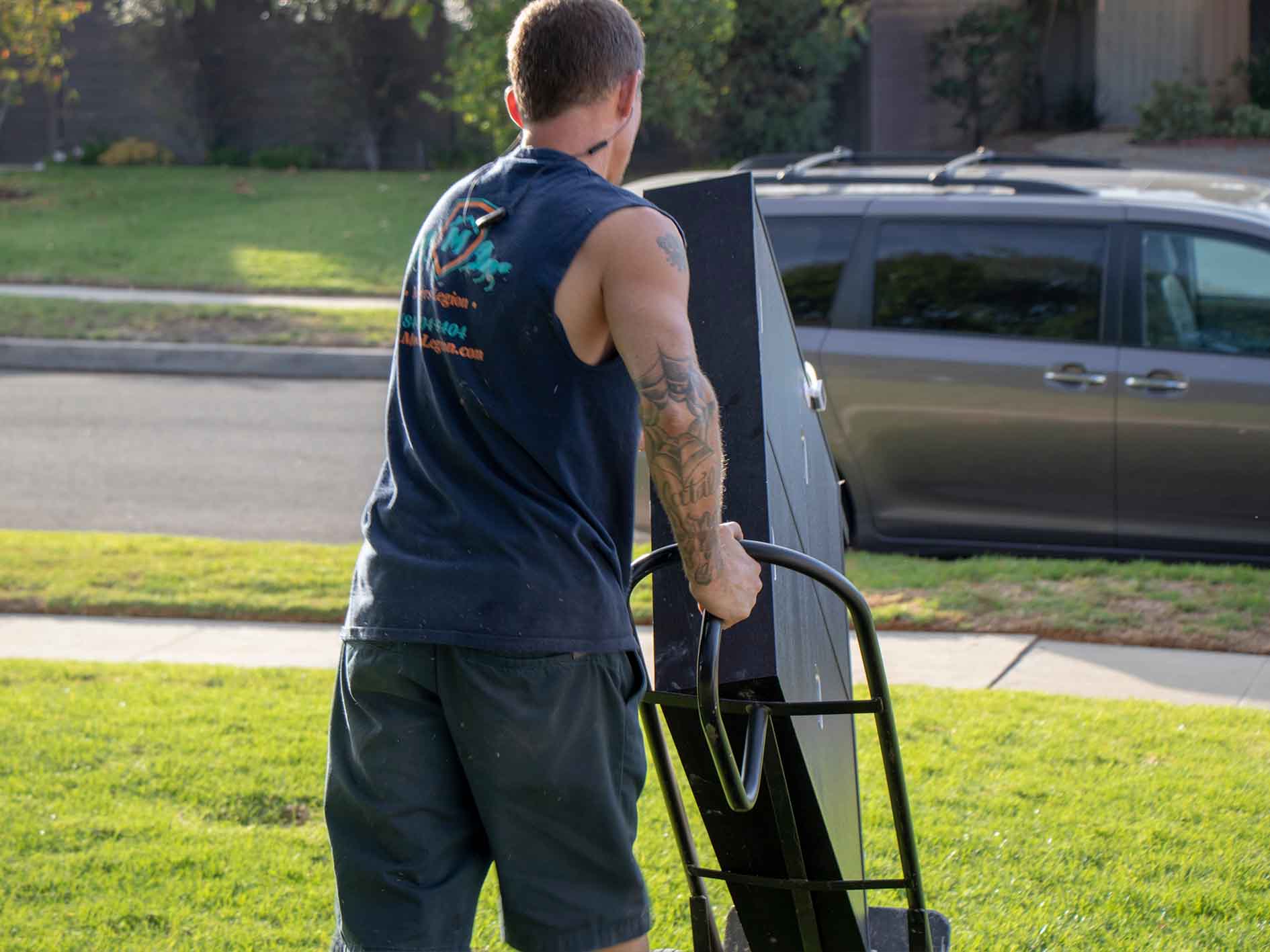What To Tip Movers: A Comprehensive Guide
What To Tip Movers: Moving day is finally here, and your professional movers have done an exceptional job navigating the complexities of relocating your life. As a gesture of appreciation for their hard work and dedication, many people choose to tip their movers. However, the question often arises: How much should you tip? In this guide, we’ll provide some insights into tipping movers.
Why Tip Movers?
Tipping movers is a common practice in the moving industry. It’s a way to show gratitude for the physical labor, care, and attention to detail that movers provide during the stressful and often exhausting process of moving. While tipping is not mandatory, it’s a customary way to acknowledge a job well done.
Factors to Consider:
When determining how much to tip your movers, consider the following factors:
- Quality of Service: Assess the level of service you received. Did the movers handle your belongings with care, arrive on time, and complete the job efficiently? Exceptional service may warrant a more generous tip.
- Distance and Complexity: Longer-distance or more complex moves may require more effort from the movers. If your move involved navigating stairs, narrow hallways, or challenging terrain, consider a higher tip.
- Size of the Move: The size of your move matters. For a small local move, a tip on the lower end of the scale may be appropriate, while larger moves or long-distance relocations may merit a larger tip.
- Your Budget: Your own financial situation is an essential factor. While you want to show appreciation, your tip should be within your means.
How Much to Tip:
The amount you tip movers can vary widely, but here are some general guidelines:
- 15-20% of the Total Cost: If you’re hiring a full-service moving company, consider tipping each mover individually based on a percentage of the total cost of your move. This typically falls in the range of 15-20%.
- $20-$50 per Mover: For smaller, local moves or when you’re using a service like a moving container or truck rental, consider tipping each mover between $20 and $50.
- Flat Rate: Some people prefer to give a flat-rate tip. For instance, $100 per mover is a common flat-rate tip for a job well done.
- Lump Sum: If you’re on a tight budget, you can give a lump sum to the crew to divide among themselves.
When and How to Tip:
Tipping usually occurs at the end of the job when the movers have completed their work. Here’s how to go about it:
- Prepare Envelopes: Have envelopes prepared with the names of each mover on them.
- Cash or Check: While cash is the most common form of tip, you can also write a check payable to each individual mover.
- Express Your Thanks: When handing out tips, express your appreciation verbally. A simple “Thank you for your hard work” goes a long way.
- Hand Directly to Movers: If possible, hand the tip directly to each mover rather than leaving it for someone else to distribute.
- Supervisors and Special Circumstances: If there’s a supervisor overseeing the move or if someone went above and beyond (e.g., disassembling furniture), consider tipping them separately.
Final Thoughts:
Tipping movers is a personal decision, and the amount you choose should reflect your satisfaction with the service provided. Remember that tipping is a way to acknowledge the hard work and dedication of the movers who have helped make your move smoother. It’s always appreciated but never obligatory.


